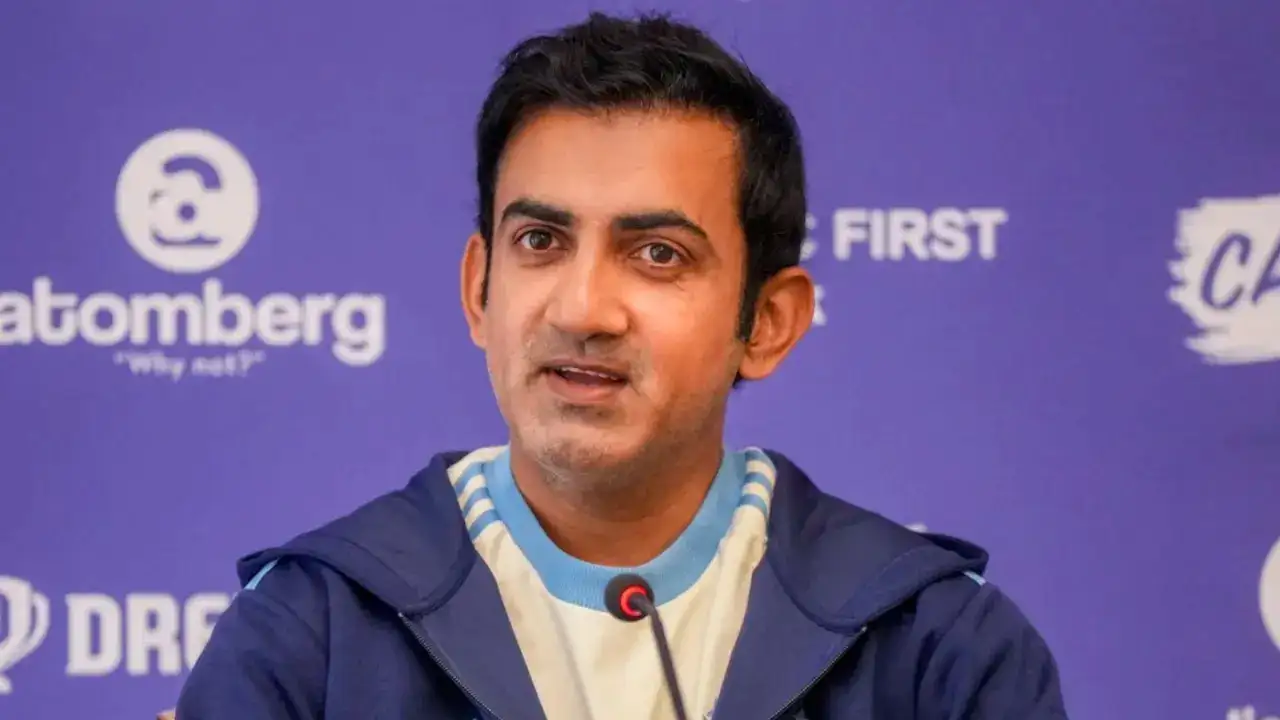
ICC Listens To Gautam Gambhir, Scraps 'Worst Thing That Ever Happened To Cricket'
Photo : PTI
The rules in ODIs have been criticized time and again by several ex-players, especially the use of two new balls from both ends. Many had claimed that this had almost negated reverse swing and thus did not create an even contest between bat and ball. In an interaction with Ravichandran Ashwin, India head coach Gautam Gambhir had said that the introduction of two new balls in ODIs was the worst thing that ever happened to cricket. Now, it looks like the International Cricket Council (ICC) have finally listened to him.
The ICC has introduced a set of new rules across all three formats. One of these rules states that in ODI cricket, the teams will use only one ball in the game from the 35th over onwards, instead of two balls from two ends. The rule change will come into effect from July 2 (Wednesday), thus ensuring there is equal contest between bat and ball.
Saliva Use On Ball To Face Big Penalty
The ban on the use of saliva remains in place. However, the ICC has stated that it is no longer mandatory for the umpire to change the ball immediately after finding the use of saliva on it. This is to prevent teams for deliberately applying saliva to force a change of ball. The batting team will also be awarded five runs as a penalty to the bowling team if such a violation is found.
Stop-Clock Introduced, Several Changes In DRS Systems Announced
The ICC has also introduced stop-clocks in Test Cricket to address the issue of slow over-rates. Teams will now need to start a new over within 60 seconds of finishing the previous over. Two warning will be given to the captain, and in the third violation, five runs will be awarded to the batting team as a penalty.
The ICC has also implemented a big change in the DRS system when the umpire appeals to reverse a decision for a caught out. If the replays show that the ball is hitting the pad but missing the bat, then the third umpire will review the LBW decision. Even if there is an úmpire's call in this case, then the batter will be given out.
For a delivery that results in multiple appeals e.g. an LBW and run out , then the third umpire will check the decision in order of the sequence of events. In another major rule change, the umpire will judge the fairness of a catch, even if the delivery is declared a no-ball. If the catch is clean then only the extra run from the no-ball is added to the team's score.
